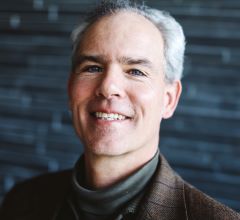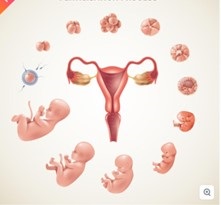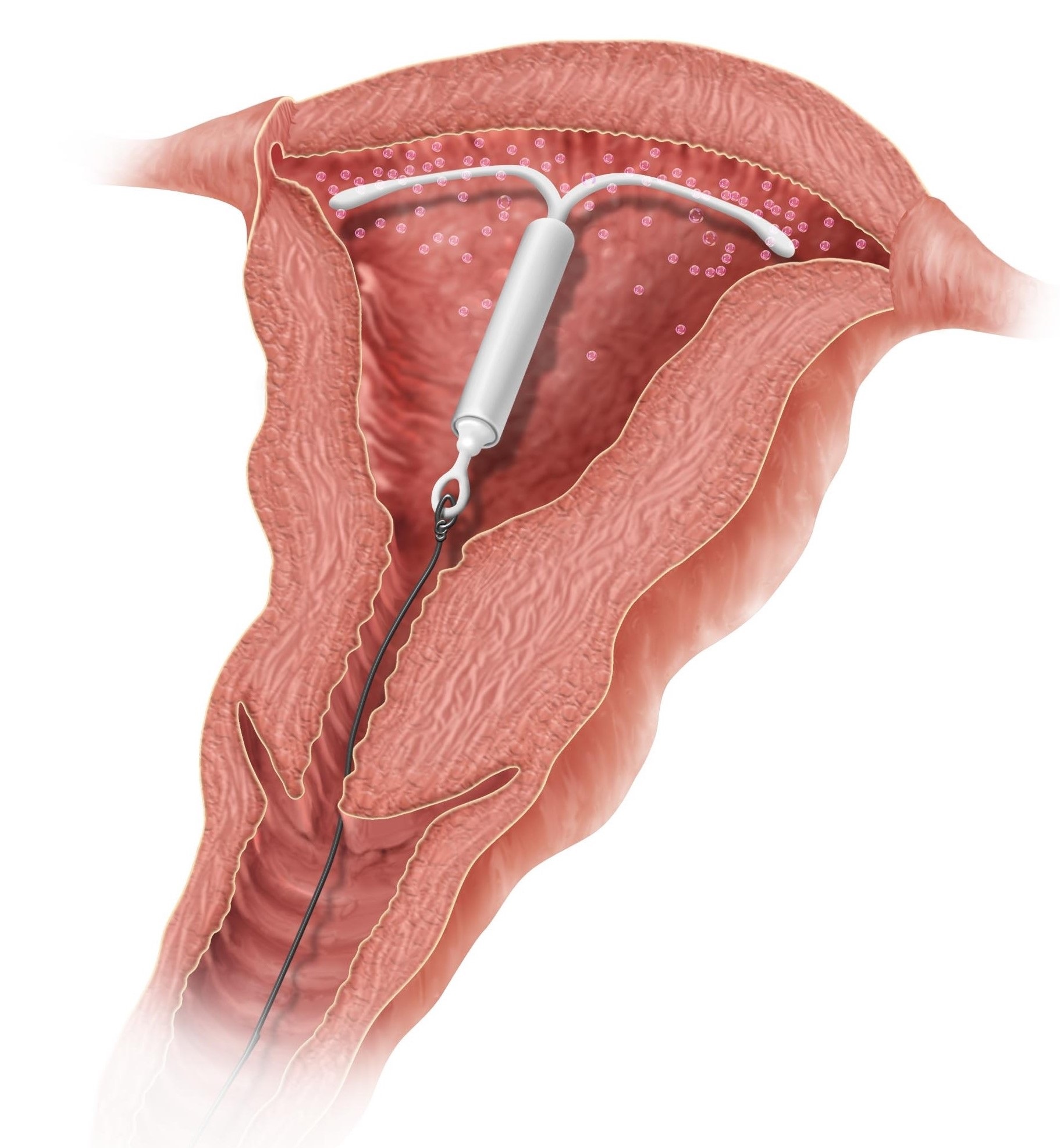- Featured Favorites
Examining the Difference Between NFP and Contraception
by Professor Tom Cavanaugh
Spring 2023
Let’s compare natural family planning (NFP) with contraception. This may help us to remember what is at stake in embracing NFP while rejecting contraceptives. To assess a tool, we ask: what is it for? One significant defect of contraception is that it purposefully renders sexual intercourse baby-free. Yet, a baby is one prominent goal of intercourse – another is union of the couple. Unlike contraception, NFP does not render sex sterile. Rather, NFP respects the baby- and union-oriented character of intimacy.
Say someone acknowledges that contraception morally differs from NFP. How big a difference are we talking about? Thomas Aquinas (a philosopher, theologian, wise moral thinker, and saint whom the Catholic Church repeatedly recommends as a guide) speaks of contraception as preventing “the generation of human nature.” In other words, contraception prevents a baby. He says that such acts take a “place next to” acts that destroy “an already existing human nature.” Or, in other words, acts that, for example, destroy a baby. So, how is contraception next to such an act? Consider how a common contraceptive that prevents a baby can also cause miscarriage.
While usage varies, about one-eighth (12.5%) of women in the U.S. who use contraception rely on hormonal intra-uterine devices (IUDs). As its name suggests, the IUD is placed within the woman’s uterus. Hormonal IUDs are coated with a progestin (a synthetic progestogen that mimics the natural hormone progesterone). The naturally synthesized hormone progesterone gets its name from ‘pro’ meaning “to further or promote,” gestare meaning “to carry, bear, or carry in the womb,” and ‘one’ which as used here means a “chemical bond.” Thus, progesterone – as its name suggests – is a chemical molecule that helps a woman become and remain pregnant.
So, why use a progestin to prevent a baby? There are a couple of reasons. First, as found in a hormonal IUD, progestin inhibits ovulation, or egg-release: no egg, no sperm meeting egg (fertilization). That is, no baby. In effect, progestin makes the woman’s brain and body think that the sperm and egg have already met, that she is with baby. In response, the woman’s body reduces ovulation. It does not, however, entirely eliminate ovulation
This brings us to the second reason to use progestin to prevent a baby. Once inside the woman, sperm swim to her egg through cervical mucus. The best mucus for sperm to swim to the ovum is wet and abundant.
Progestin dries out the cervical mucus, making it thick. Progestin also decreases the amount of cervical mucus. Both of these effects of progestin make it more difficult for sperm to swim to the egg, reducing the likelihood of sperm meeting egg.
The above two mechanisms are contraceptive in nature. That is, they lower the chance of the sperm meeting the ovum by reducing both ovulation and sperm-mobility. Thus, progestin as found in an IUD prevents the baby-making act from baby-making. It does not, however, entirely eliminate sperm meeting egg (baby-making or fertilization). This brings us to a third reason people have for using a hormonal IUD.
The third mechanism is not contraceptive in nature. Rather, it causes miscarriage. For this reason the hormonal IUD is called an ‘abortifacient’. ‘Abortifacient’ comes from the Latin ‘ab’ meaning “amiss,” ‘oriri’ meaning “born,” and ‘facere’ meaning “to make.” As its name suggests, an abortifacient causes a mis-birth or a miscarriage.
How does a hormonal IUD occasionally cause a miscarriage? Progestin thins the lining of the uterus (the endometrium), thereby making it less hospitable to a fertilized ovum, embryo, a.k.a., baby. As noted above, the chance of fertilization is reduced but not eliminated in a woman using a hormonal IUD. Were fertilization to occur, the embryo would have difficulty implanting in the uterus due to the thinned endometrium. This effect of progestin as found in a hormonal IUD is called ‘desynchronization.’ As its name suggests, desynchronization makes the embryo and the uterus out of step with one another. This means that when the embryo is ready to implant in the uterus, the uterus is not ready to receive the embryo. Thus, the baby is miscarried. The hormonal IUD causes such a miscarriage. In this respect, it is an abortifacient; its use results in the loss of the baby.
Hormonal IUDs can last from three to eight years. While it is difficult to determine the frequency of miscarriage with precision and accuracy, a typical user of a hormonal IUD would likely experience miscarriage over a three-year period. Indeed, it might occur annually; again, it is difficult to determine. Regardless of frequency, the hormonal IUD occasionally causes the death of the embryo, a human being. One willing to use it knowing that it has this effect is willing to destroy a human being.
As noted above, Aquinas positions contraception as distinct from, yet next to, the destruction of a human being. In the instance of the widely used hormonal IUD, we see that the deliberate prevention of conception intimately relates to, indeed, is effected by the exact same synthetic molecular chemical that prevents the embryo from implanting, resulting in its death. Accordingly, we see, as Aquinas notes, that being willing to prevent the conception of a human being (contraception) is next to being willing to destroy an already existing human being. For this and countless further allied reasons, we do well to shun contraceptives while embracing wholesome NFP. For contracepted sexual intercourse drastically differs from sexual intercourse open to life.
About The Author




